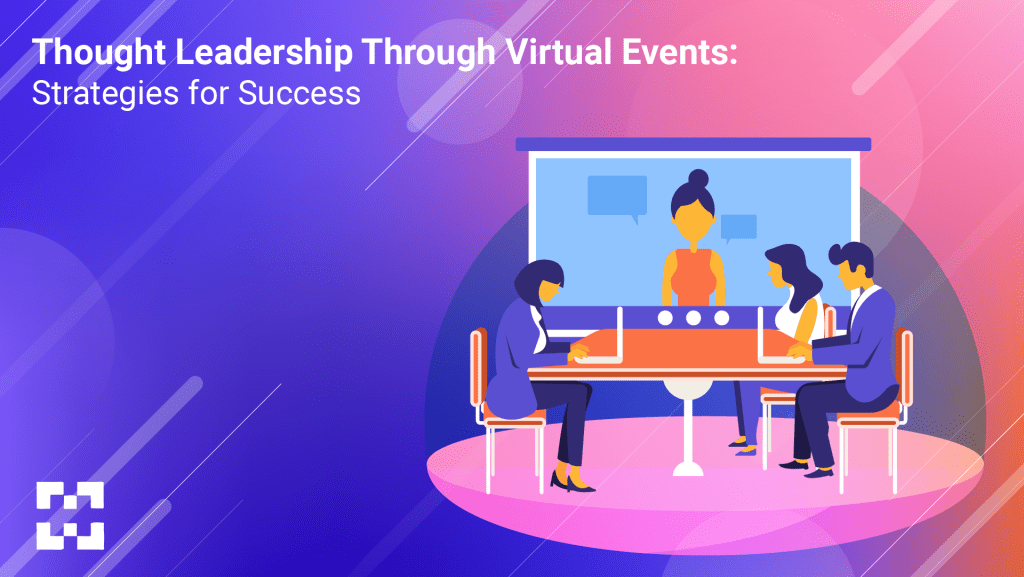
In today’s digital age, establishing thought leadership is essential for businesses looking to stand out in their industry. Virtual events provide a powerful platform to showcase expertise, engage with audiences, and position oneself as a leader in the field. In this blog, we’ll explore effective strategies for leveraging virtual events to build thought leadership.
1. Define Your Expertise
Before diving into virtual event planning, it’s crucial to identify your areas of expertise. What unique insights, perspectives, or solutions can your business offer? Define your niche and focus on topics that align with your expertise and audience interests.
2. Craft Compelling Content
Thought leadership is built on valuable, insightful content. Develop engaging presentations, panel discussions, or workshops that address industry challenges, trends, and innovations. Incorporate case studies, data-driven insights, and actionable advice to provide tangible value to your audience.
3. Choose the Right Format
Virtual events offer a variety of formats, from webinars and virtual conferences to fireside chats and roundtable discussions. Choose formats that best showcase your expertise and resonate with your target audience. Consider interactive elements such as Q&A sessions or polls to foster engagement and participation.
4. Leverage Technology
Invest in user-friendly virtual event platforms that offer robust features for hosting and managing events. Utilize tools for registration, audience engagement, and analytics to enhance the attendee experience and gather valuable insights. Leverage multimedia elements such as videos, infographics, and live demos to enrich your presentations.
5. Promote Thought Leadership
Effectively promote your virtual events to maximize reach and engagement. Utilize email marketing, social media, and industry partnerships to spread the word and attract attendees. Position your speakers as thought leaders through guest blogging, podcast interviews, and media outreach to enhance credibility and visibility.
6. Engage with Your Audience
Engagement is key to building thought leadership. Encourage active participation during virtual events through interactive Q&A sessions, polls, and networking opportunities. Foster a collaborative environment where attendees can share insights, ask questions, and connect with industry peers.
7. Follow Up and Nurture Relationships
After the event, continue to nurture relationships with attendees through follow-up emails, surveys, and personalized content. Share event recordings, presentation slides, and additional resources to reinforce key takeaways and provide ongoing value. Stay engaged with your audience through regular communication and thought leadership initiatives.
8. Measure Impact and Iterate
Track key metrics such as attendance, engagement, and lead generation to measure the impact of your virtual events. Analyze feedback and insights to identify areas for improvement and refine your thought leadership strategy. Iterate on content, format, and promotion tactics to continually enhance the value and effectiveness of your virtual events.
By implementing these strategies, businesses can leverage virtual events as a powerful tool for building thought leadership, establishing credibility, and driving meaningful connections with their audience. Through compelling content, engaging presentations, and strategic promotion, virtual events offer a unique opportunity to showcase expertise, foster engagement, and position oneself as a trusted leader in the industry.





